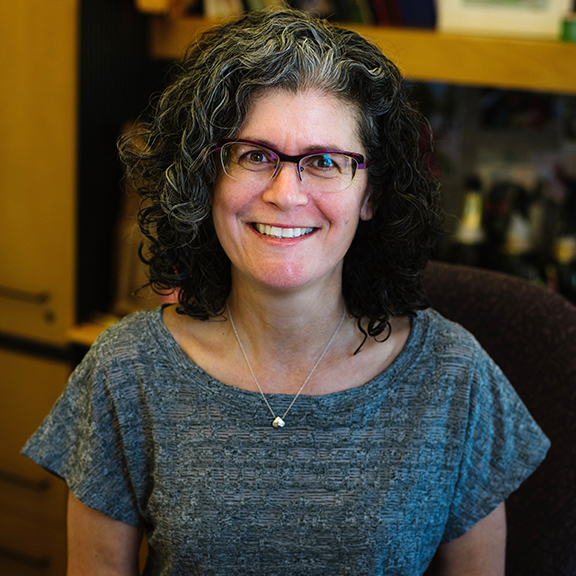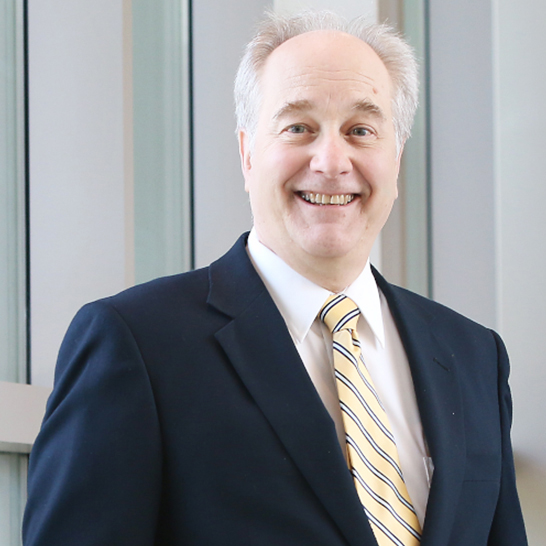The TWiM team explore how Lactobacillus reuteri can rescue social deficits in three mouse models of autism spectrum disorder, and the role of Salmonella persisters in undermining host defenses during antibiotic treatment.
The TWiM team reveals an extremely low rate of mutation in a 2500 year old, 185 acre fungus in Michigan, and how a host-produced quorum sensing autoinducer controls the phage switch between lysis and lysogeny.
The TWiM team reveals the oldest human plague from 4,900 years ago in Sweden, and engineering E. coli to become an endosymbiont in yeast, modeling the evolution of mitochondria.
The TWiM-opods consider two stories about exosomes, vesicles that are shed from cells: those that eliminate airway pathogens, and those from the plants we eat that shape our gut microbiome.
The TWiM team considers the state of the world’s fungi as revealed by a report from the Kew Royal Botanical Gardens, and how Salmonella loses motility to evade host defenses.
The TWiM rock stars show how to modify gram-positive antibiotics so they can kill gram-negative cells, and bacteria that have both DNA and RNA in their genome.
The TWiM people reveal that phages must cooperate to overcome CRISPR-Cas defenses, and the effect of the herbicide glyphosate on the gut microbiome of honey bees.
The TWiM team describe the involvement of a microbiome in snail metamorphosis, and using Listeria to kill tumors.
The TWiM team considers the increasing tolerance of Enterococcus to handwash alcohols, and how the study of DNA in ancient dung reveals the diet and parasite burden of extinct New Zealand birds.
Sam Sternberg discusses his work on exploring and exploiting CRISPR-Cas immune systems, beginning as a graduate student with Jennifer Doudna, at a biotech start-up, and in his laboratory at Columbia University.




